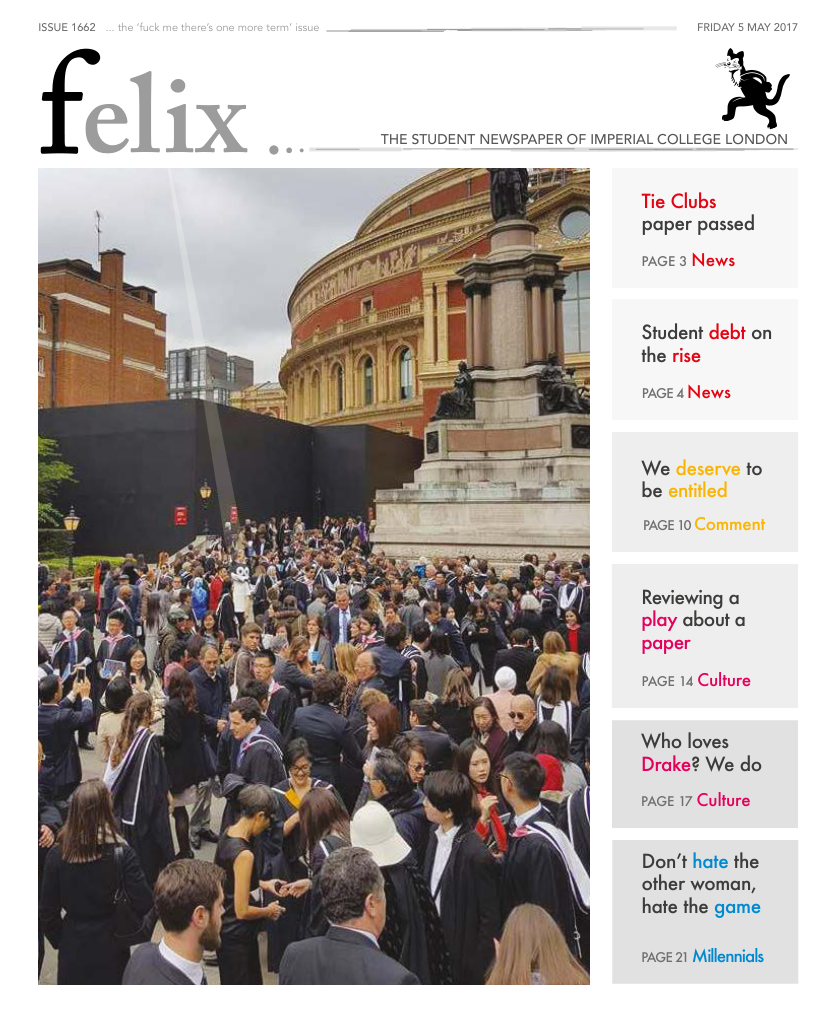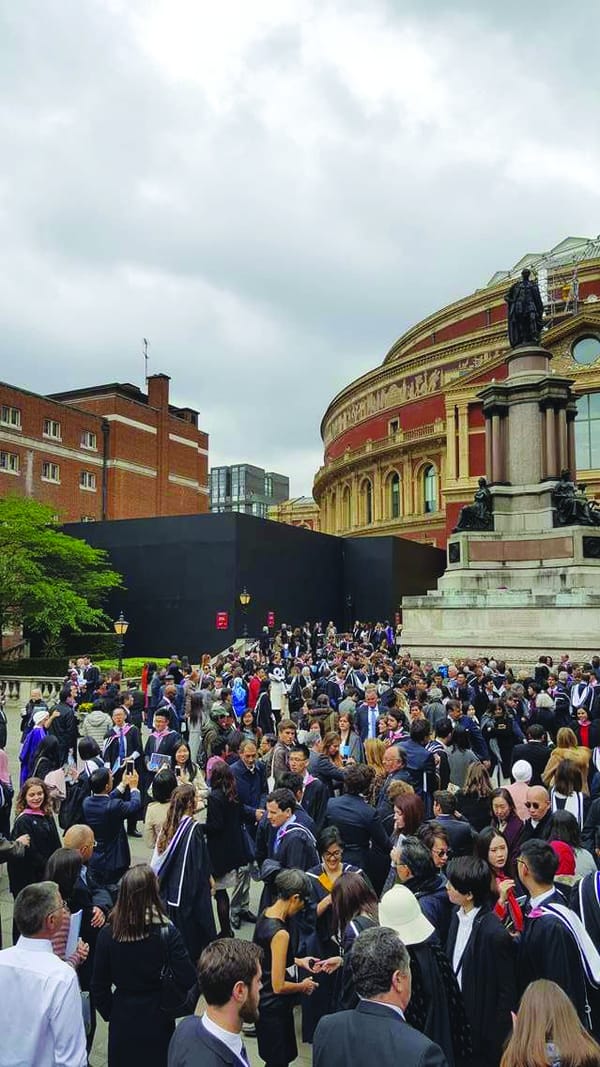How high can student loan interest rates go?
It’s unlikely they’ll be going anywhere but up post Brexit

You probably missed the memo, buried deep under a pile of revision notes but the fact remains: The cost of your degree has just increased.
Interest rates on student loans have risen by around a third – up from 4.6% to 6.1%. The reason for the increase stems from changes first introduced in 2012 to the way student loans are repaid. The new policy links the interest rate payable on student loans to the Retail Price Index (RPI) + 3%. The erratic nature of the U.K. economy since the EU referendum last year has seen the value of the pound fall, and with it the RPI has increased to 3.1%; this is compared to 1.6% last year, and 0.9% the previous year.
What this really means for students is that the level of debt we will accumulate by the time we graduate will increase in very real terms – before in fact, we even begin paying anything back. So let’s say you started your degree three years ago with annual tuition fees at a base rate of £9,000. After one year you’d have to pay back your tuition fees plus the interest rate (3.9% at the time) coming up to a total of £9,351. Assuming tuition fees and interest rate remained the same over the course of your three year degree, by the end of it you’d have racked up a total debt of £29,160 (or the initial £27,000 of tuition fees plus an additional £2,160 worth of interest). But given the current increase in interest rate, you’d have a total debt of £29,914 instead. That’s £754 of additional debt equivalent to one month’s worth of London rent, before you’ve even started paying your student loans off.
This scenario only describes a standard bachelor’s degree under these changes. Over the course of four years (or six for medics), with no cap to the level RPI can rise to, and particularly in the immediate economic aftermath of Britain’s divorce from the EU, students could see thousands of pounds being added onto their loans before they graduate.
The Intergenerational Foundation is now referring to us as the ‘Packhorse Generation’; saddled with billions of debt that many of us will never be able to pay back in full. Indeed, the amount of student debt owed currently stands at around £76bn, compared to £34bn in 2011 – with much of this debt now being sold off by the government to private companies.
Further cause for concern is the additional front-loading of debt that will be introduced this coming November. With tuition fees now set to rise in line with inflation, increasing the maximum amount payable to £9,250 starting this year, the level of debt students can accrue is increasing, as is the interest they will be expected to pay on it.
Due to this, it can be argued that students pay a double inflationary ‘uplift’ on their tuition loans; not only are tuition fees themselves now subject to increases with inflation, so too is the interest due to the RPI + 3% system. This gives students a double-hit on the level of debt they find themselves in. Add to this the removal of maintenance grants for poorer students and the scrapping of NHS bursaries for nurses, and it is easy to feel glum about the future of Higher Education in the UK and the capacity for widening access to it.
But this summer gives students a chance to make a stand against this. Don’t stand by in silence and watch as the mountain of debt you find yourself in continues to insidiously grow around you and overshadow your future. The choices this country makes at the ballot box have a demonstrable impact on all of our lives, so don’t lose your voice – make the choice to stand up for your interests, and register to vote for the change you want to see.









